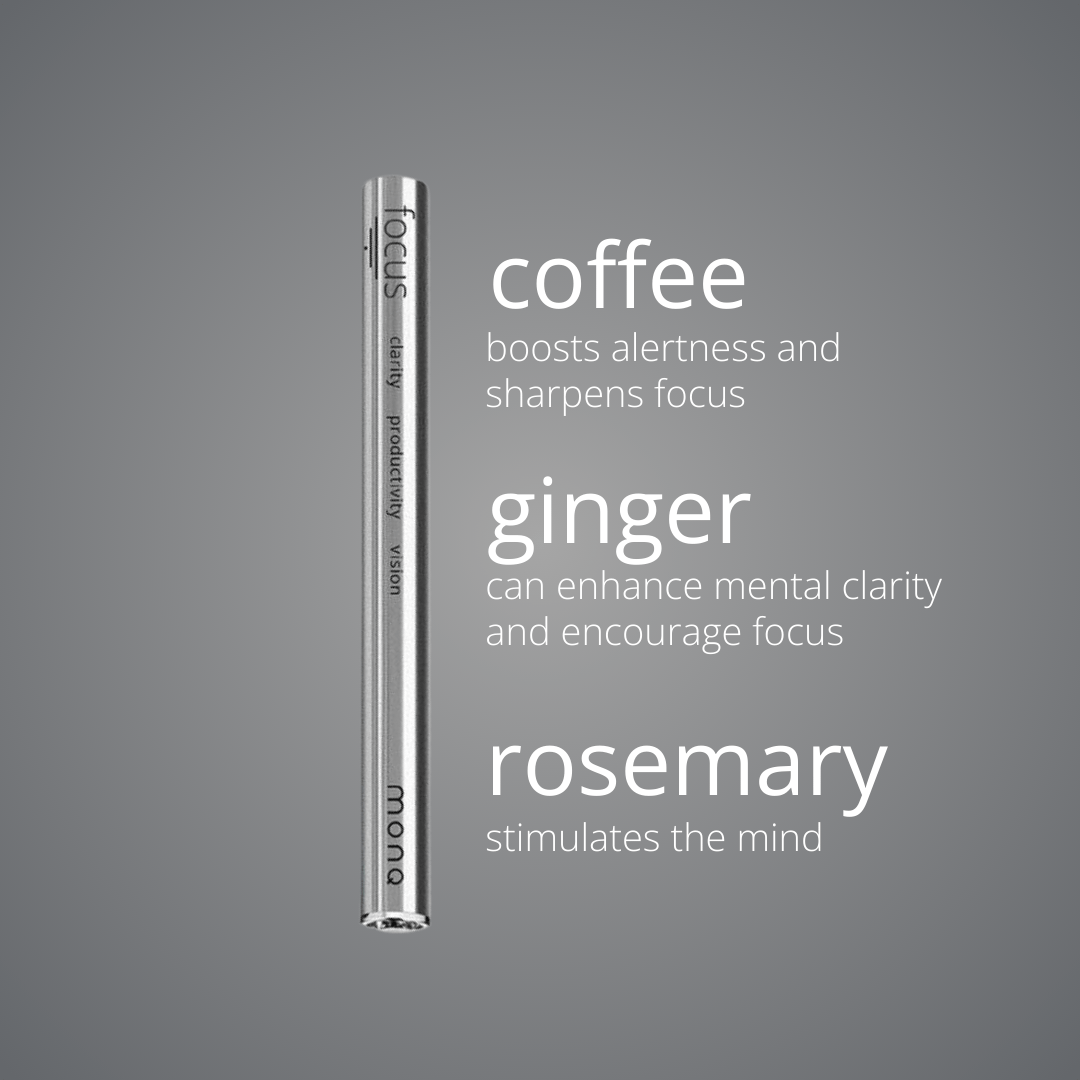Managing Mood Swings with Mindfulness

Mood swings are a common occurrence for everyone, representing noticeable shifts in emotional states. These fluctuations are a natural part of life as emotions vary depending on various conditions. For instance, the feeling of enjoying a sunny afternoon on the beach with a friend differs greatly from the sentiment experienced after hours of studying on a rainy day.
Causes of Mood Swings
Various factors contribute to mood swings. Body rhythms, for example, play a significant role in determining individuals' emotional states at different times of the day and year. At midday, when energy levels are high, emotions tend to be euphoric and upbeat. Conversely, as the day progresses and exhaustion sets in, emotions may dip, leading to feelings of lethargy.
It's important to recognize that experiencing these emotional shifts is normal. However, without healthy coping mechanisms to counteract them, prolonged mood swings can take a toll on the body.
Finding Solutions
While occasional mood swings are nothing to worry about, prolonged periods of moodiness that affect work and relationships warrant attention. Seeking a solution is crucial for maintaining mental stability and long-term happiness and well-being.
For severe mood swings, consulting with a healthcare professional is advisable to establish a suitable regimen.
Tracking Emotional Patterns
Keeping a careful record of emotional changes can provide valuable insights into potential triggers for mood swings. Whether it's consuming caffeine too early in the morning or checking social media before starting the day, identifying patterns can help manage emotional fluctuations effectively.
Practical Strategies for Managing Mood Swings
-
Exercise More: Regular physical activity is a potent tool for managing mood swings, promoting emotional discipline and overall well-being.
-
Maintain a Stricter Schedule: Establishing a routine for meals, work, and rest helps the body regulate emotions more effectively.
-
Improve Sleeping Patterns: Quality sleep is essential for maintaining chemical balances in the body and preventing irritability and sadness.
-
Adopt a Balanced Diet: Nourishing the body with nutritious foods while reducing sugar, caffeine, and alcohol intake contributes to a healthier outlook.
-
Practice Meditation and Mindfulness: Mindfulness cultivates awareness and perspective, helping individuals manage emotional fluctuations more effectively.
Benefits of Meditation and Mindfulness
Research suggests that mindfulness and meditation can significantly impact emotional balance. By fostering resilience and emotional regulation, these practices promote a clearer awareness and perspective, enabling individuals to navigate challenging emotions more effectively.
A study conducted by Michigan State University found that even individuals with no prior experience in meditation could benefit from mindfulness practices, showcasing its accessibility and effectiveness in managing mood swings.
Practical Guide to Meditation
Embarking on a journey of mindfulness doesn't require elaborate setups. Setting aside dedicated time in a quiet, comfortable space free from distractions is all that's needed to begin practicing mindfulness.
Cultivating mindfulness involves observing thoughts without judgment, allowing for emotional distance and reflection. Despite the inevitable distractions and challenges, returning focus to the present moment is key to mastering mindfulness.
Conclusion
Incorporating mindfulness into daily routines offers numerous benefits for emotional balance and well-being. By combining mindfulness practices with practical strategies for managing mood swings, individuals can cultivate resilience, clarity, and peace of mind in their everyday lives.








Leave a comment